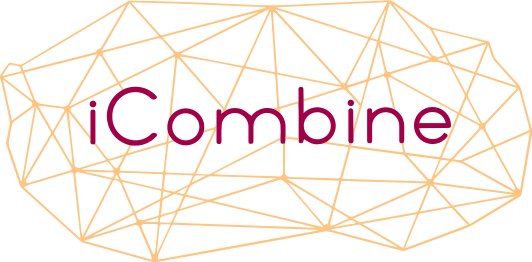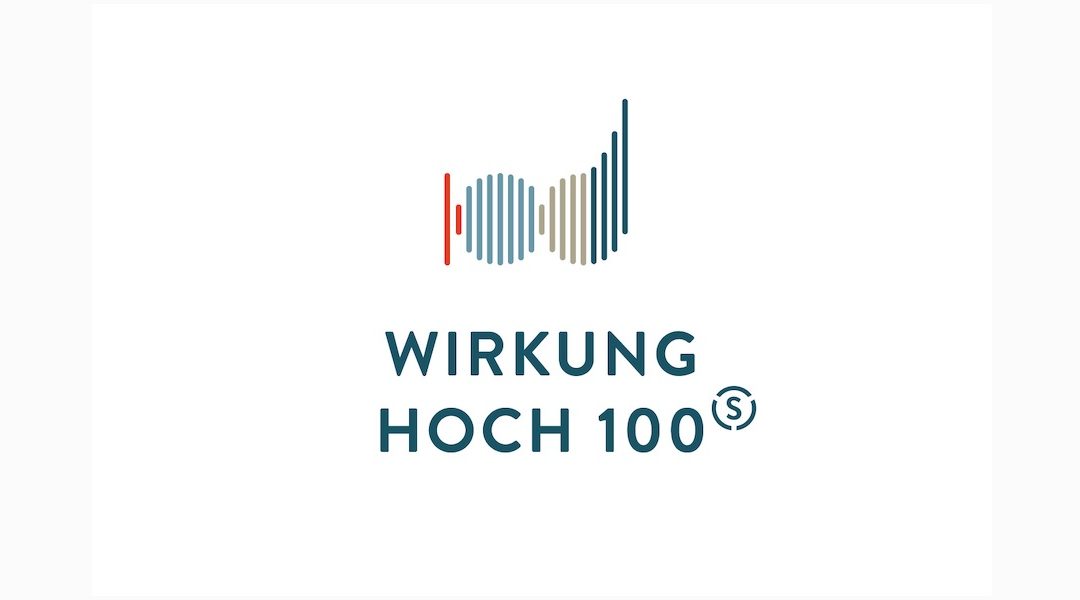Connecting pioneers and realizing common ideas, cooperating with each other instead of working in isolation – at iCombine, we fully share the mission of the German Association of Foundations (Stifterverband). We are happy to announce that we, together with the Baden-Wuerttemberg Cooperative State University (DHBW), were selected to join the anniversary initiative Effect to the Power of 100 (“Wirkung hoch 100”).
An Open Innovation Network
This year, the association was looking for 100 ideas for tomorrow’s education, science and innovation system. The goal is to contribute to the transformation of society through funded projects. Concrete solutions with disruptive potential will be tested. For this purpose, the Stifterverband encourages the interdisciplinary exchange between participants and members of 270 foundations and companies.
More than 500 ideas were submitted. The selected projects will receive direct financial support and qualification offers in the first phase. In addition, there will be coaching from ProjectTogether, a social start-up we already know from our time together at GTEC Accelerator. In the following phases, further support options will be made available for the project teams.
Cooperation between Science and Business Practice
We have submitted our project proposal in cooperation with Prof. Dr. Thilo Gamber, Professor of Industrial Engineering and Management.
This is not the first collaboration between Prof. Gamber and iCombine: already in 2018 we jointly published a paper on competence management. Back then our CTO Robert Freytag and Prof. Gamber presented the results at the spring congress of the German Society for Labor Science (GFA). We are now continuing this successful partnership on the topic of generational change and succession planning.
Our Objective: A Smarter Approach to Generational Change
Many companies operating in western societies are facing an imminent generational change. It affects all organizational levels and all industries. Both academia and business practice agree that when experienced experts retire, a high amount of their competencies is regularly not transferred to the next generation. These qualifications are initially lost and must be re-established in companies.
This lack of transferred qualifications has direct (negative) effects on the innovation performance of the companies concerned. If more and more targeted efforts were made in the area of succession planning, people who take on the roles of departing experts could develop a higher level of qualification right from the start of their succession.
Challenges of Generational Change
The HR department organizes succession plans in close coordination with the specialist departments. This involves looking into the question of which persons in the company would be a good match for a vacant position. This is usually done by comparing profiles and the personal assessment of the managers regarding the suitability (qualifications) of the person. The assessments are often subjective and are determined at a certain point in time, often unchangeably. Experiential knowledge often plays a subordinate role. Due to missing parameters, lack of objectivity and high intransparency about the actual qualifications of all employees, unfortunately all too often positions are filled incorrectly, too late or not at all.

The transfer of knowledge between generations has an impact on individual companies and our entire society. Picture source: Freepik
The Future of Generational Change
Our vision is clear: job and expert profiles are regularly maintained in a software. All relevant qualifications are visible in each job profile. All expert represent themselves with a data set containing both professional and personal information. The underlying idea is a qualification matrix. However, the expert profiles are maintained dynamically and updated interactively. Not only the objective, verifiable qualifications are listed here, but also those acquired through the performance of an activity (e.g. leadership situations or roles). In addition, experts may add further attributes such as interests. With the help of these criteria, the probability of an optimally coordinated and thus perfectly fitting job handover is estimated and included in the evaluation, taking into account all attributes of the previous and future job holder.
The criteria focusing on job role and personality could be extended by further parameters in the future. As a result, succession is based on an objective decision-making process. In the long term, this has the potential to create multicultural and diverse working environments. True impartiality and equal opportunities in a tolerant and open society is the visionary goal of the process. Ethnicity or sexual orientation do not play a role. This approach introduces an objective way to equal opportunities and a truly open and tolerant society in which the most suitable person gets a job.
We are very much looking forward to the cooperation with the German Association of Foundations and the realization of our project idea with the Baden-Württemberg Cooperative State University. After the conception phase, we plan to extend our existing software features in the areas of skill management, talent mobility and project planning with new components.
How to plan succession and replacements thoroughly
Does your company currently or in the foreseeable future face the challenge of filling new positions because skilled employees are retiring? We would be happy to show you what you can do to find internal successors and to retain knowledge in the company. Schedule an appointment with us now.


